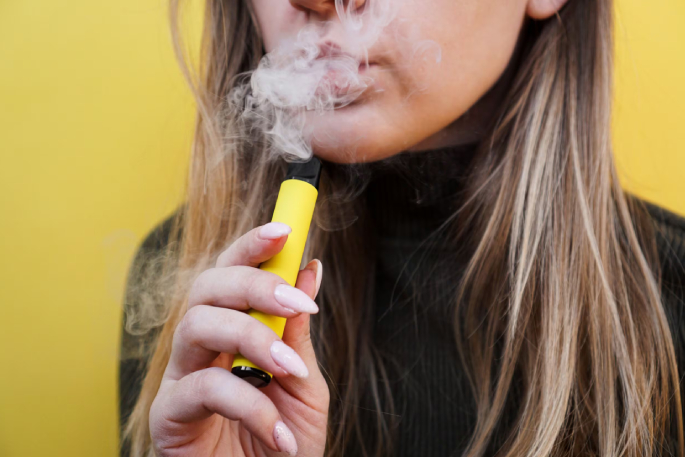A pilot programme led by digital health innovators Ignite Aotearoa and oVRcome is having a 50 per cent success rate in reducing young people’s vaping habits.
Launched in May at four secondary schools, the programme using Virtual Reality (VR) technology has provided participants with access to clinical desensitisation therapy through their smartphones.
The initiative addresses the underlying habits associated with vaping and is believed to be the first of its kind in the world.
The partnership was developed between oVRcome and Ignite Aotearoa to address the growing problem they saw with an increasing number of young people vaping and schools being ill-equipped to deal with it. Ignite is a company driving mental health innovation through their partnerships and a digital platform that connects people directly with proactive support. oVRcome is a Christchurch-based start-up transforming lives with its VR exposure therapy technology.
The oVRcome app has already gained international recognition by supporting people to manage anxiety and take control over phobias. It is trusted by clinical psychologists across the globe and is recommended by Air New Zealand to help people with a fear of flying.
Ignite Aotearoa director Sarina Finucane said with initial figures showing 52 per cent of students in the pilot programme were reporting improved overall vaping outcomes, schools were also hopeful the results would help to address attendance issues due to being caught vaping at school.
“In 2023, a total of 3977 New Zealand rangatahi were stood down from school for vaping or smoking,” she said.
“With oVRcome’s innovative and accessible VR therapy model, and a treatment and education programme developed with help from Emerge Aotearoa's EaseUp service, the VR vaping module can help schools tackle the rising impact of vaping on attendance, mental health, and student wellbeing.
"The key was to make this programme easily scalable and affordable so all schools could have equitable access to the headsets and programme, and be self-driven by students, reducing the resourcing demands on schools.”
According to EaseUp, an increasing number of schools have been connecting with local addiction youth services looking for help for students to quit vaping, however limited educational and treatment options have been available.
oVRcome founder Adam Hutchinson said a lack of support for teens to break vaping addictions, led to the opportunity to try something different.
“VR technology helps to tackle vape addiction because it builds confidence in people to say ‘no’ and refuse the peer-pressure involved with this habit,” he says.
“Once teens have learned a set of skills on the app, they can slowly practise them in a range of different environments using VR technology. We know many teens want to stop vaping, so this app brings students and clinical psychologists together to help them build resistance and resilience.”
In 2022, a published clinical trial found that self-guided use of the oVRcome app was effective in reducing the severity of specific phobia symptoms in a sample of people who self-reported a fear of flying, heights, spiders, dogs, or needles.
Clinical psychologist Catherine Gallagher, who was involved in the development of the programme, said: “Teens can struggle with a whole range of issues and using tech to provide accurate and helpful information and strategies, is a great way to reach them”.
The programme can be used by anyone who has a smartphone and has the capacity to be easily scaled up to support more young people.
The four secondary schools involved in the pilot are Shirley Intermediate School, Rangiora High School, Wellington College, and Tangaroa College.
Rangatahi selected to take part in the initiative were provided with pre-programmed VR headsets that connected directly to the student’s smartphone.
The pilot measured vaping frequency and habits, the level of addiction, vaping triggers, and the number of support sessions required. At the start of the pilot programme, 25 per cent of 18 to 24-year-olds said they vaped daily; 30 per cent of participants said they had previously attempted to quit vaping unsuccessfully; and 29 per cent reported they couldn’t go longer than six hours without vaping.
The pilot has been extended into term three and now includes Northland College. Final results from the pilot programme are expected by October.



1 comment
Really !!
Posted on 25-09-2024 23:25 | By The Caveman
How about the Gment totally BAN all Vaping products! Was not the vamping intended to get people off smoking !! What has happened ?? Vaping has replaced smoking !!!!
Leave a Comment
You must be logged in to make a comment.